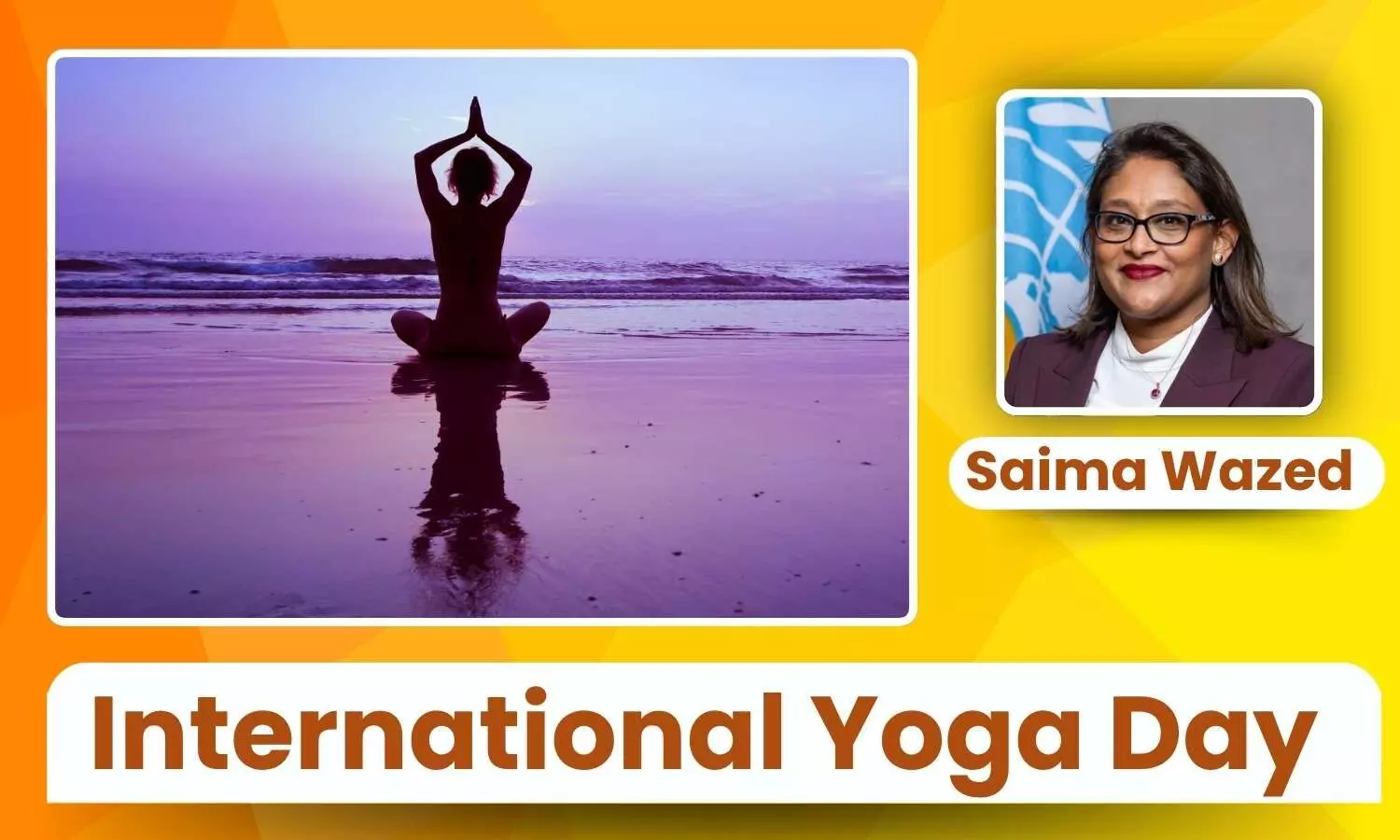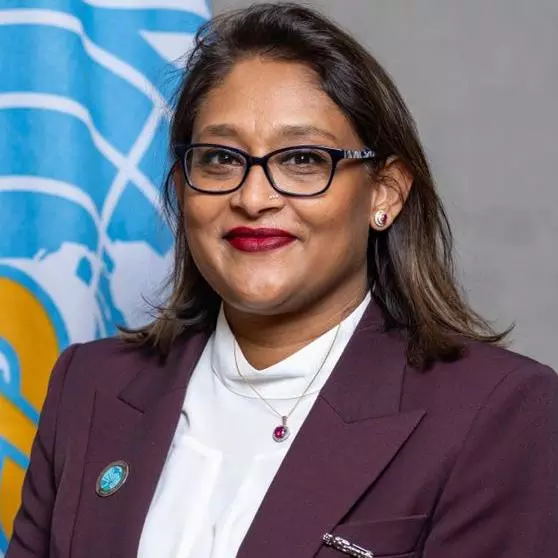International Yoga Day 2025: Celebrating "One Earth, One Health" with Mindful Living and Planetary Wellness - Saima Wazed

The International Day of Yoga, marked annually on 21 June, celebrates this timeless practice that nurtures body and soul. It was first proposed by the Prime Minister of India, Narendra Modi, at the United Nations General Assembly in 2014. Recognizing yoga’s universal appeal, he suggested the Summer Solstice - 21 June - as a symbolic date.
With 177 UN member states co-sponsoring the resolution, the proposal received overwhelming support, and the Day was first celebrated in 2015, starting a global wellness movement.
This year’s theme, “Yoga for One Earth, One Health,” reminds us of the deep connection between our well-being and the health of our planet.
Yoga is more than just physical exercise. It is a journey towards inner peace and harmony, and teaches us to listen to our bodies and to live mindfully. As we practice yoga, we become more aware of our surroundings, and more attunes to the rhythm of nature.
In a world facing environmental challenges, yoga offers a path to sustainability by encouraging us to live simply, consume mindfully, and respect the natural world. In embracing yoga, we can reduce our ecological footprint and contribute to a healthier planet.
When we care for the Earth, we care for ourselves. Clean air, pure water, and fertile soil are essential for our well-being. Yoga encourages us to protect these vital resources and ensure a thriving planet for future generations.
The benefits of yoga are well-documented. Studies have shown that 77% of people report feeling physically stronger after practicing yoga regularly. 82% of patients with chronic inflammation experienced a nearly 50% reduction in inflammation after just six weeks of daily yoga.
Yoga can also help mental health. A study by Harvard Medical School found that 60% of participants with depression experienced a significant reduction in symptoms after practicing yoga twice a week for eight weeks.
Today, on International Day of Yoga, let us remember that every breath is a gift from nature, and every moment of mindfulness is a step towards a healthier future. Let us create a world of health and harmony, of mind, body and planet.


